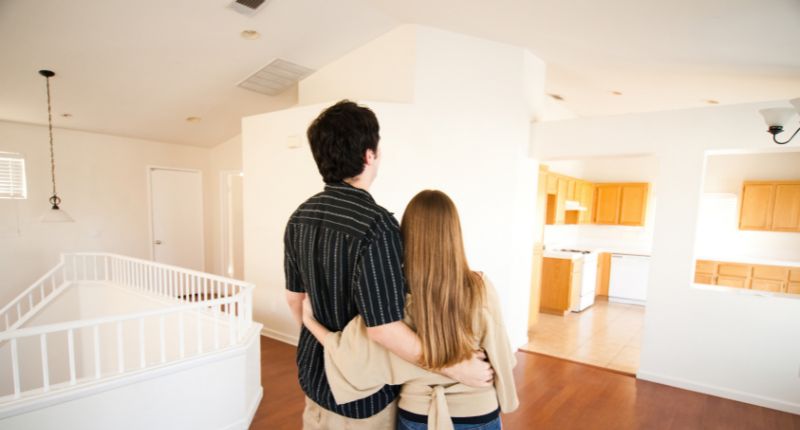- COVID stimulus packages made first home buying experience more difficult
- Policies mainly benefited existing homeowners and investors
- FHBs priced out of ideal locations and forced to rely on assistance from parents
A new study on government assistance during the pandemic and its effects on First Home Buyers (FHB) has found that government intervention may have harmed FHBs more than it helped. The research published in the Buildings journal argues that the COVID stimulus packages may have inflated property prices by amplifying demand for housing and overheating the market.
Though there was a short-term increase in FHB participation at the start of the COVID policies, many potential FHBs saw themselves eventually priced out of the market.
Co-author of the study Associate Professor Chyi Lin Lee, says, “The pandemic saw extraordinary economic responses from the government to stabilise the economy and businesses, but they arguably had unintended consequences for FHBs that put them in a more disadvantageous position than before the pandemic.”
61 respondents in New South Wales were surveyed on their first home-buying experiences during the pandemic just as the COVID economic policies took off, including early superannuation withdrawals, interest rate reductions, and cash grants to new home builders.
The researchers chose Sydney for their case study because it has become the least affordable Australian city for housing, and thus, almost only possible for an FHB to enter with considerable assistance.
Obstacles to home ownership
One of the chief obstacles to home ownership is the widening deposit gap, which surged drastically alongside the skyrocketing house prices during the pandemic. As housing prices increased, nearly 5% of buyers sold their properties within the first 12 months to maximise their gains.
Unfortunately, the rapidly climbing market prices, while improving the profits of existing homeowners, lowered the purchasing power of FHBs. FHBs took around two to nine months more to save for a deposit. Additionally, the number of prospective FHBs considering paying a 20% deposit stood at 27.2%, declining from 34.1% in 2020 and 40.7% in 2019.
“Not only do policies of discount capital gains tax and negative gearing encourage investor activity and further pressure house prices, but monetary policy, such as record low interest rates during the pandemic, may be considered further stimulus to encourage investing.”
Associate Professor Chyi Lin Lee, Co-author of study.
Though FHB participation primarily increased during the pandemic, the experience was fraught with challenges. Over 83% of FHBs affirmed that the home-buying process became more complicated, and more than 71% stated that their purchase price range had increased through the research period.
Lee notes that existing homeowners who profited from the rising house prices could refinance for another property and effortlessly outbid FHBs.
Even though 72% of FHBs qualified for government assistance, only 30% could access this support. Many were driven to rely on their parents for financial aid, with 21% having received a gift to help pay off their deposit and around 12% obtaining a family guarantee. Furthermore, FHBs saw themselves being pushed out to the outer Sydney rings or greenfield locations, priced out of their ideal homes.
Lee states, “Even before the pandemic, many FHBs were finding it difficult to get into the market, with many predicting the situation will likely get worse.”
“This is driving a fear of missing out, resulting in many taking on higher levels of debt, rushing into purchases without completing thorough due diligence, relocating for affordability reasons or reducing their expectations for their first property.”









